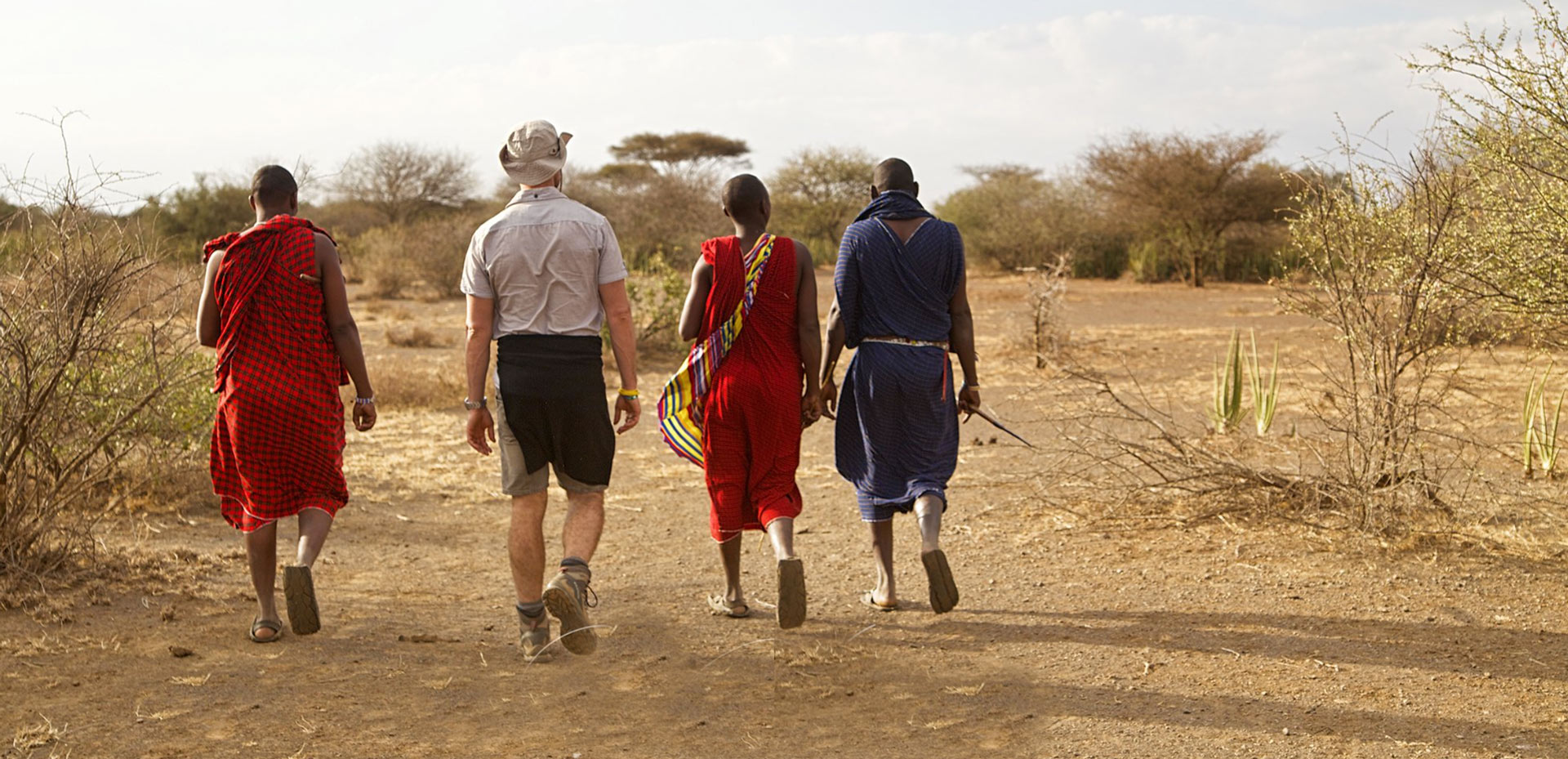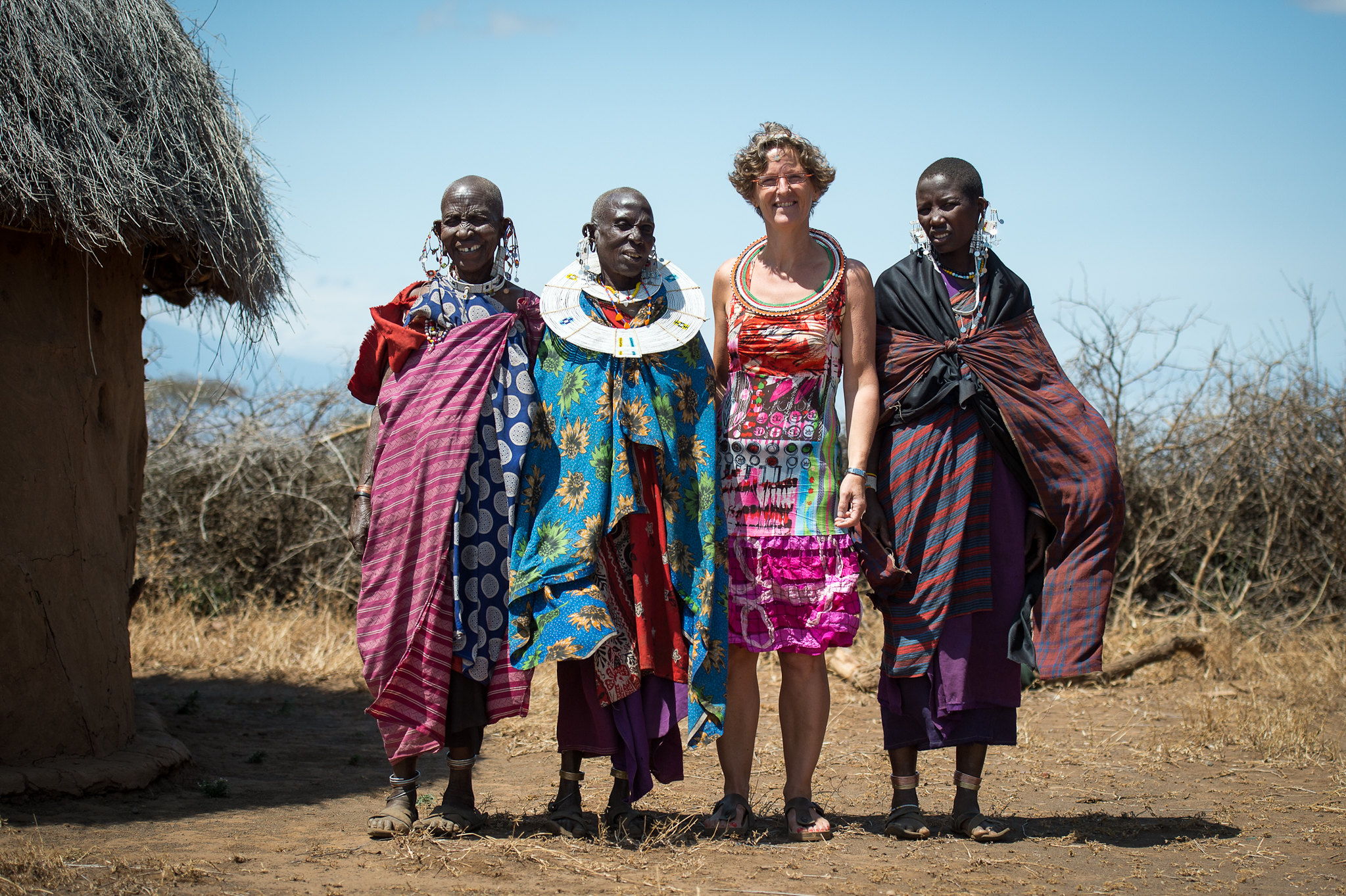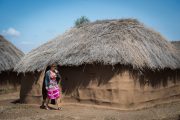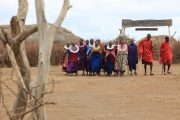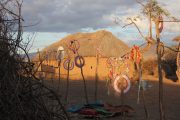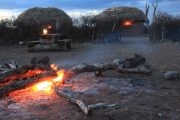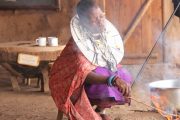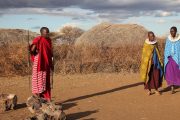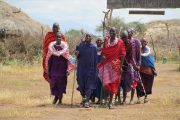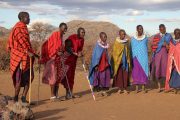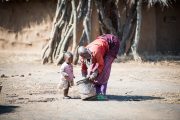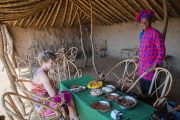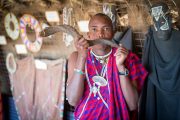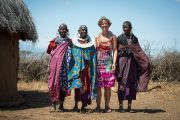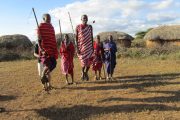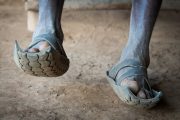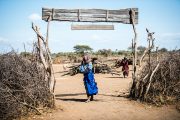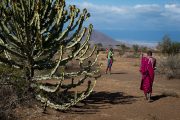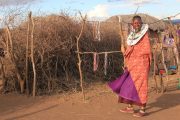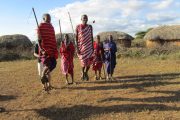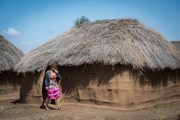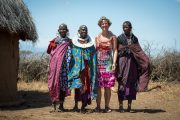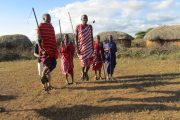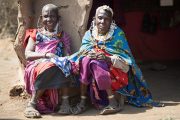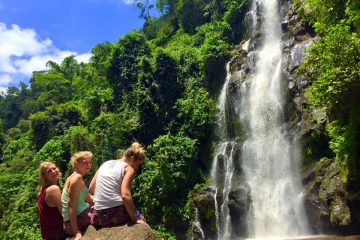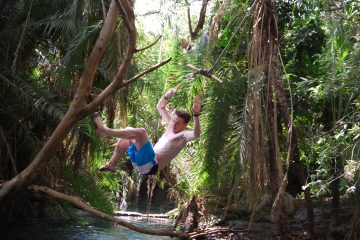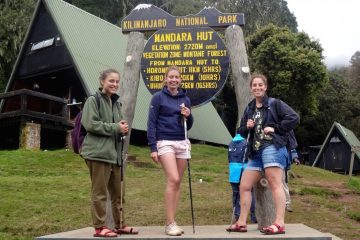This 2-day tour to the Olpopongi Maasai Cultural Village takes you to experience the Maasai life in West Kilimanjaro. Tanzania is a melting pot of about 125 ethnic groups that coexist harmoniously. The Maasai are the tribe you’re most likely to be familiar with. The Maasai have a long cultural history that includes exquisite beading and elaborate hairstyles that express the wearer’s status and stage of life.
This interesting two-day trip immerses you in real Maasai culture and traditions. In the 100 percent traditionally built Maasai Village, you’ll spend a day and an overnight with the Maasai people.
Maasai art and dancing, spiritual rituals, medicinal and herbal treatments, crafts, and, of course, their hearty and delicious cuisine can all be found here. You’ll be taken on a tour of the hamlet, including its teeny-tiny museum, as well as a herbal stroll in the wilderness with Maasai herbal specialists. Spend the evening around the campfire in intense cross-cultural discourse before retiring to a traditional Maasai hut for the night.
Olpopongi Maasai Village Cultural Tour
The Olpopongi Maasai Cultural Village & Museum in Tanzania is the country’s first authentic Maasai Boma and Museum with overnight accommodations. Olpopongi, just 74 kilometers from Moshi, offers a unique Maasai and wildlife experience in the West Kilimanjaro Maasailand. You will experience real Maasai life and culture while in the community. The money raised from your trip goes towards providing water, food, employment, personal income, medical treatment, and education to Maasai households in the area. All Maasai – jewelry on display was handcrafted by Maasai women from various surrounding communities. All museum visits and walking safaris are led by Maasai guides who are fluent in English.
Where is Olpopongi located from Moshi?
Moshi is about 74 kilometers away from the Olpopongi Maasai Village. You will experience real Maasai life and culture while in the community. The money raised from your trip goes towards providing water, food, employment, personal income, medical treatment, and education to Maasai households in the area.

